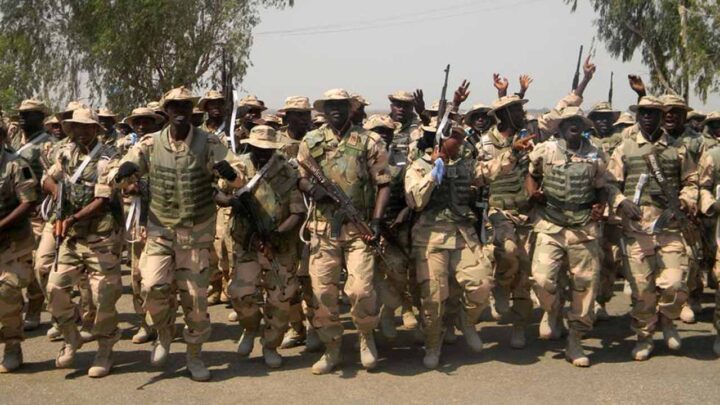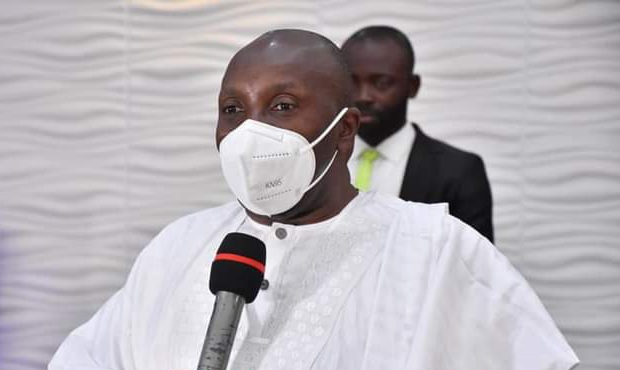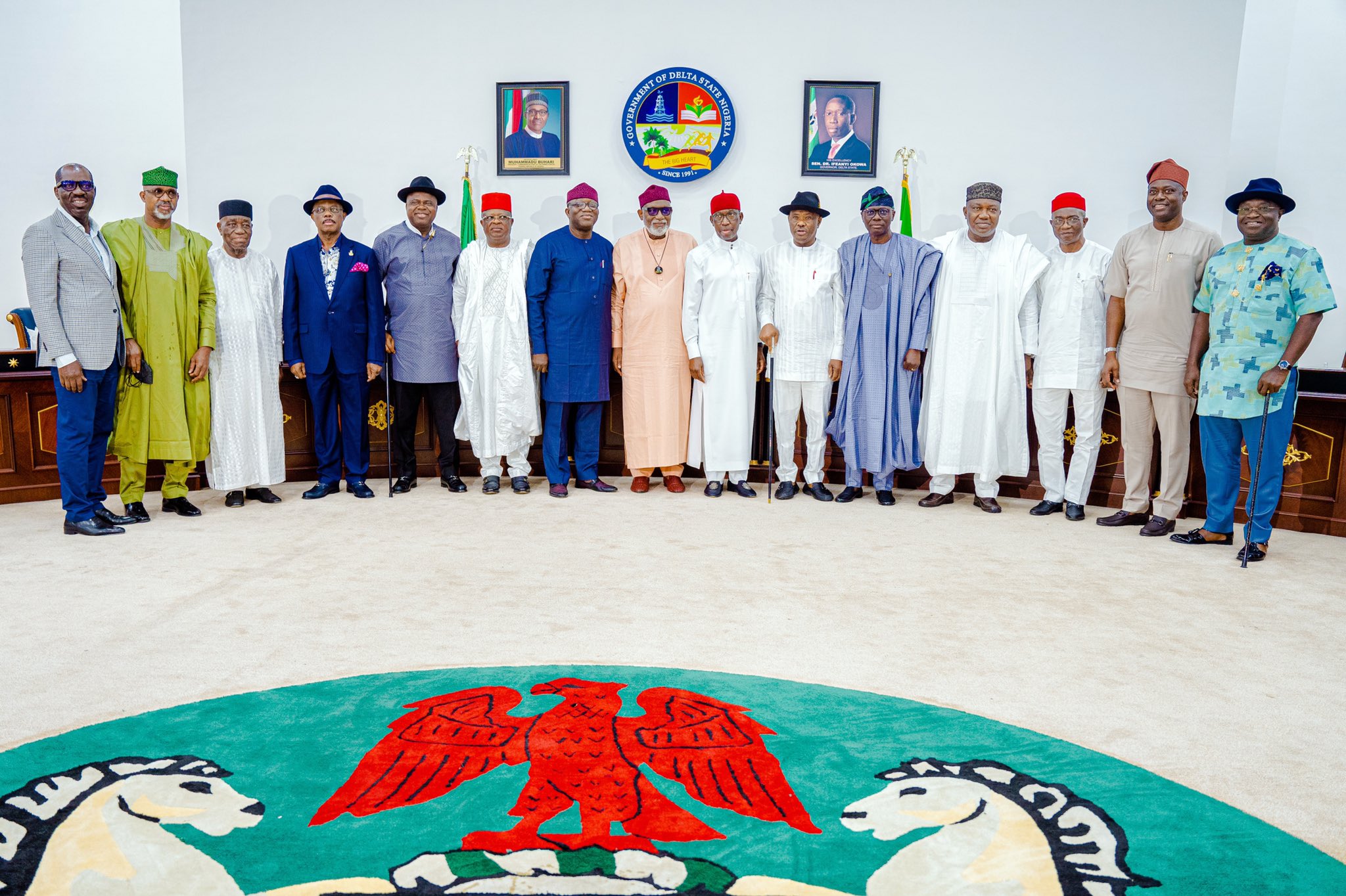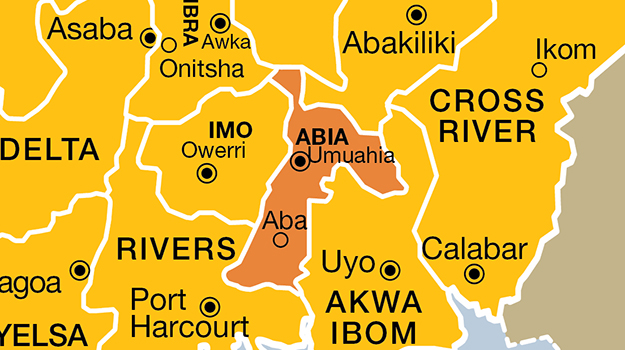In Western countries, there is a lot of talk about de-escalation of force, risk analysis, and appropriate use of force. Many governments, even in some authoritarian countries such as China, have decided that de-escalation of force strategy ends up being “less is more”. They only use force when all else fails. Think, for example, how China has handled Hong Kong.
Let me tell a short story…
Back in 1989 when China burst into the pro-democracy riots that culminated in the Tiananmen Square massacre, the protests were spread around the country. Most people outside China don’t know this. In Beijing, Deng Xiaoping sent in the tanks to crush the protests, and of course, no one challenged him. However, again unknown to many, in China most of the local prefectures have a significant amount of autonomy. A man called Jiang Zemin was in charge of Shanghai, and he ended the protests which happened at the same time as the Tiananmen affair very quietly and without bloodshed. Deng was impressed, and Jiang, who did not have any power base of his own, was called to Beijing and anointed to succeed Deng, which he did three years later. The rest, as they say, is history…
Why do I tell this story?
Advertisement
The go-to tool of the Nigerian government, especially the Muhammadu Buhari government, in dealing with Nigeria’s myriad problems, has been force. It still is force. The loss of legitimacy, the increased willingness to challenge the state, are just a preview of the results. I’m not even going to talk of the perception of one-sidedness given that Buhari only pleads with “bandits” in the north.
Here is the problem - the Nigerian security architecture has had a bad rap in the south-east for years. It’s gotten worse in the last few years, and while I won’t go as far as saying that people support the whole UGM nonsense (I know too many who are alarmed at it), I’d say without fear of contradiction that the population isn’t sympathetic to the security services. And who can blame them?
Back to how I started this short piece, and people who are wise know that force should be an absolute last resort, not the first, and certainly not the one that you should double down on even when it’s clear that it has failed. Clear communication and a listening ear are the main things to bring to the party. You’d be surprised at how much can be achieved with just the pretext of a listening ear.
Advertisement
Just pause for a moment and imagine if, upon assumption of office, rather than divide the country into 97% and 5%, Buhari had visited the SE/SS, called a town hall, and acted as a father figure. What would Nigeria have been like by now if he had done that?
Nwanze is a partner at SBM Intelligence
1 comments








Why are you adding the SS?
Please leave the SS out of the rubbish and madness going on in the SE.
Today, Buhari is the problem of the SE. By 2023 when Buhari finally leaves power, we would get to know who lost most: A 79 y/o Buhari that would have completed his 2 terms as president, or the majority of the SE that would be under full armed conflict, with many of its intellectuals hiding in other parts of Nigeria and too afraid to visit their suffering kinsmen in the SE.
All because they didn’t know how and when to stop cutting their noses to spite their faces.